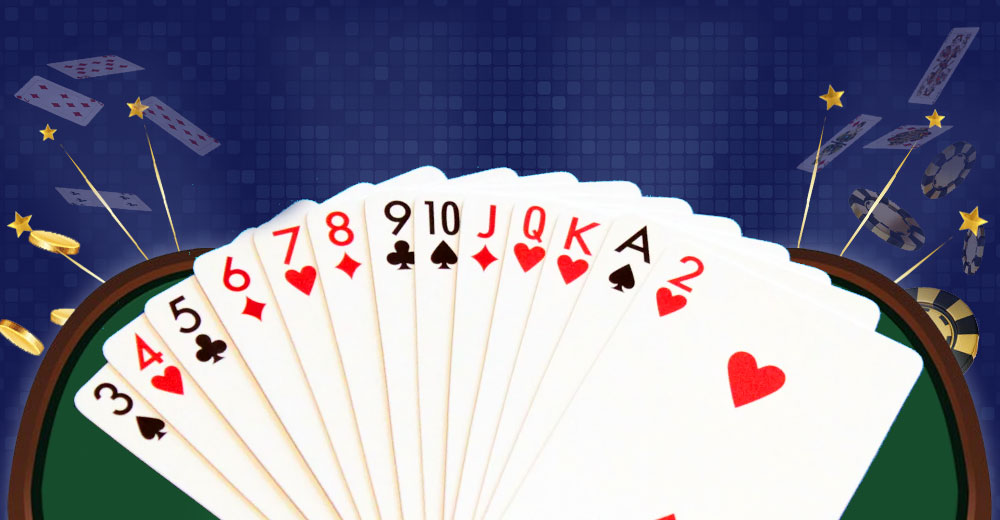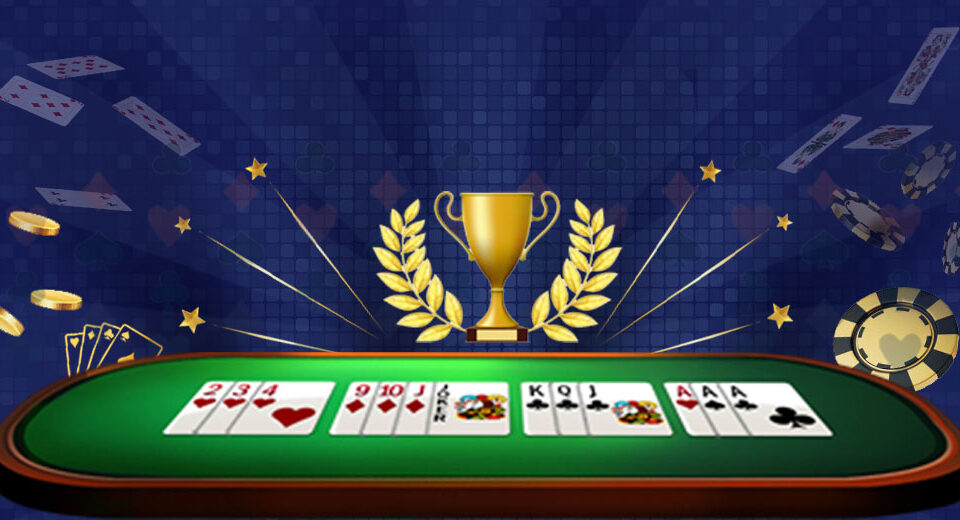The Role of Memory and Observation in Mastering Rummy
Rummy is not just about forming sets and sequences; it is a deep-thinking game that demands strong memory and sharp observation skills. While strategy and planning are integral, players who excel at remembering card patterns and observing opponent moves often dominate the game. Mastering the Indian rummy card game requires more than just understanding the Indian rummy rules—it involves engaging your brain consistently and staying alert throughout the gameplay.
In both offline and Indian rummy online formats, players who train their memory and fine-tune their observational skills stand a greater chance of success. These two skills form the backbone of effective decision-making and tactical execution in every round.
In this article, we explore how memory and observation are used during rummy games and how players can actively develop these faculties to improve performance in online rummy games.
1. Tracking Discarded Cards
One of the most vital uses of memory in rummy is remembering the cards that have been discarded. This insight helps players gauge which cards are no longer available, helping them make more accurate predictions and decisions. Remembering discarded cards also prevents futile waiting for sequences or sets that may never be completed.
2. Observing Opponent Patterns
Observation allows players to study their opponents’ habits—what types of cards they pick or discard. This can reveal a lot about their strategy and hand composition. Skilled players use this information to avoid discarding cards that could complete an opponent's hand, while simultaneously adjusting their own strategy accordingly.
3. Managing Your Own Hand Wisely
Strong memory helps players track their evolving hand and quickly identify the best potential sequences or sets. Instead of constantly re-checking cards, skilled players use mental snapshots to speed up their decisions. This reduces hesitation and leads to smarter discards.
4. Recognizing Repeated Patterns
Regular rummy players often encounter similar card patterns. Those who can recall past games and outcomes can apply that knowledge to current rounds. Whether it’s the probability of drawing a needed card or spotting a bluff, memory makes pattern recognition more intuitive.
5. Adapting Strategy Based on Observations
Sharp observation allows players to shift strategies mid-game. For example, if an opponent is clearly going for a pure sequence, a good player will adjust by retaining cards that could block their success or by accelerating their own melds to finish first.
6. Enhancing Long-Term Skill
Just like muscles strengthen with consistent workouts, memory and observation improve with practice. Over time, seasoned players naturally become more perceptive and better at recalling key details, giving them a constant advantage in online Indian rummy matches.
Conclusion – Train your memory and eyes; they’re your true allies at the rummy table.
Success in rummy is not solely dependent on mastering the rules—it’s about building a sharp mind. Memory and observation are crucial pillars that elevate an average player to an expert. These abilities help in reading the game better, anticipating moves, and staying a step ahead in every round.
As you continue to engage with online rummy games, focus on these cognitive skills just as much as you would on sequences and sets. They are your silent partners in achieving consistent results and long-term improvement.




